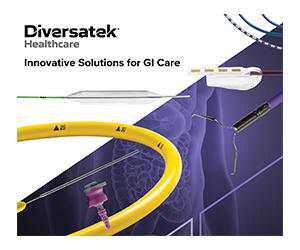LONDON, England—Researchers from King’s College, in London, England, have found an association between low zinc intake and health of the gastrointestinal tract. These findings have potential implications for a third of the world’s inhabitants who are zinc-deficient.
This new research, published in Nature Communications, has found a link between the micronutrient zinc and a sensor protein in the gut that plays a role in the prevention and management of a range of bowel conditions, such as inflammatory bowel disease.
King’s Professor Christer Hogstrand led an international team that created “mini-guts” from human stem cells and mice. They investigated the role of zinc and a sensor named the “Aryl Hydrocarbon Receptor” (AHR) that helps the body react to nutrients, drugs and toxic substances in the bowel. Mice fed a diet containing zinc and a chemical from cruciferous vegetables (such as broccoli) that stimulates the AHR were almost completely alleviated of IBD. In contrast, mice fed a zinc-deficient diet received no benefit from AHR activation.
There’s a prevalence of zine deficiency in countries where diets are dominated by plant-based foods, which are poor sources of nutritionally available zinc. The discovery offers new options to manage IBD through dietary supplementation with zinc and plant-derived bioactive compounds that stimulate AHR, which are particularly abundant in cruciferous vegetables.













